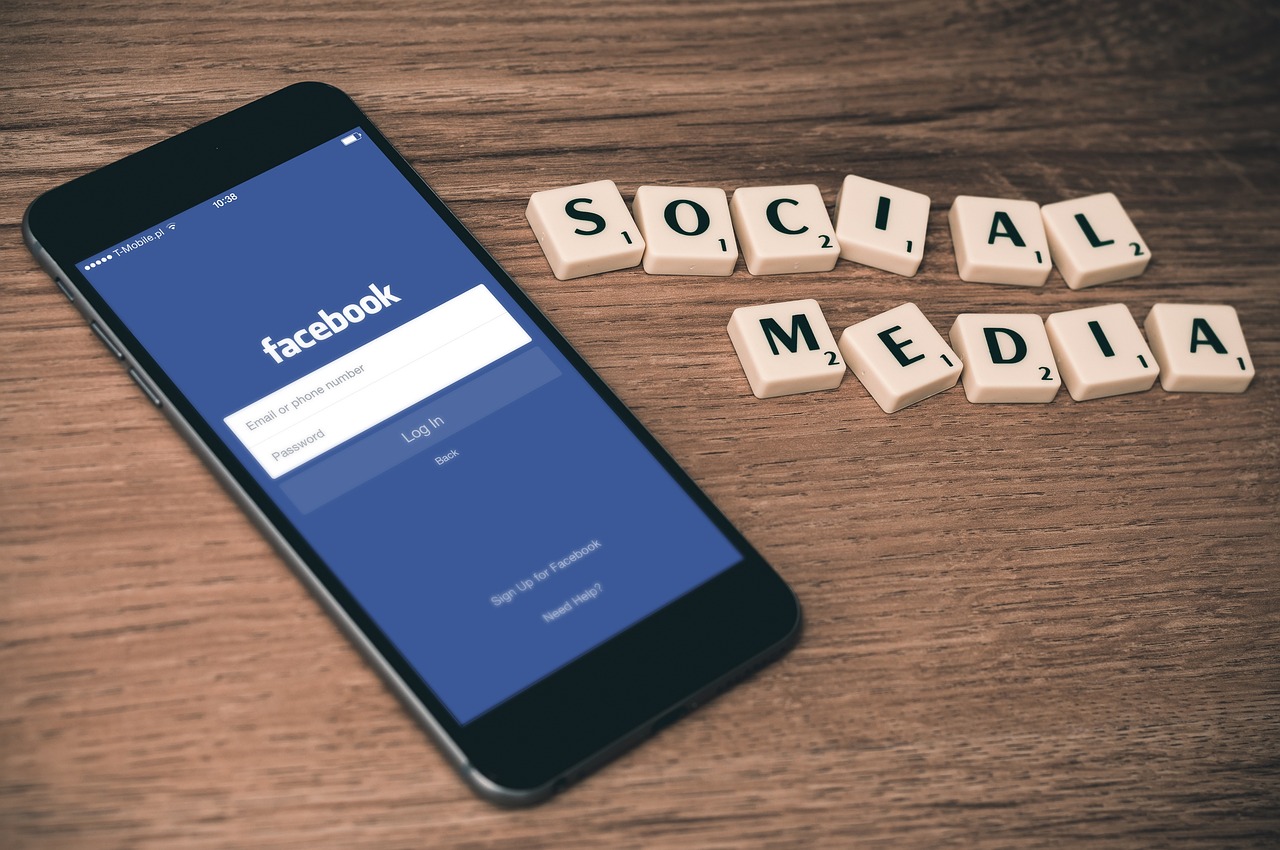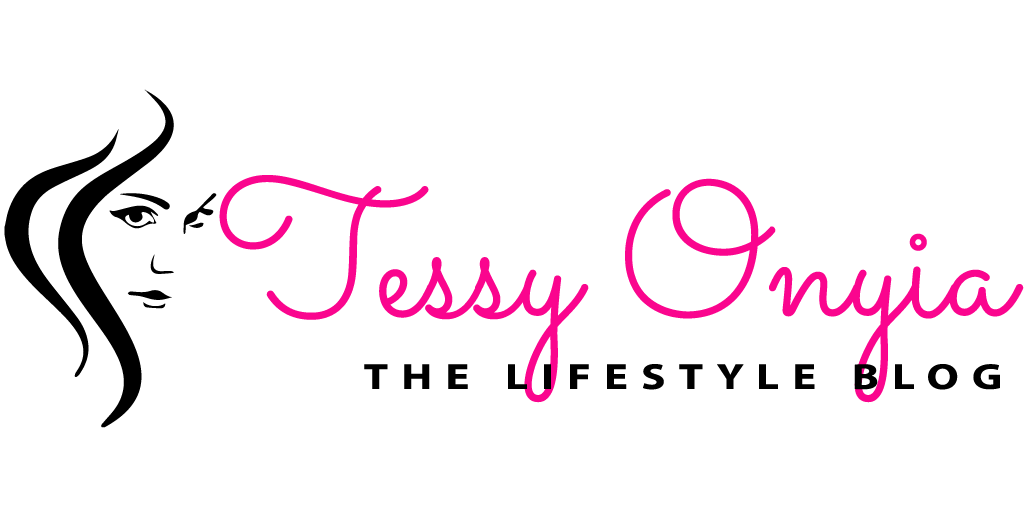
We live in a digital world where social media has become almost inseparable from daily life. From Instagram reels and TikTok dances to Twitter debates and Facebook mom groups, women spend a significant amount of time online.
While social media offers countless benefits such as building communities, amplifying women’s voices, and sharing stories it also comes with hidden dangers. Many women find themselves trapped in cycles of comparison, self-doubt, and anxiety. The constant exposure to “perfect lives” and filtered images has a direct impact on self-esteem and mental health.
This article explores the double-edged nature of social media and its effect on women’s emotional well-being, offering practical ways to navigate the digital age with resilience.
The Rise of Comparison Culture
Comparison is not new, but social media has magnified it on an unprecedented scale. A woman can scroll through hundreds of images in minutes perfect bodies, luxury lifestyles, well-decorated homes, or mothers who seem to “have it all together.”
The result is comparison culture, where women unconsciously measure their worth against curated online content. This can lead to feelings of inadequacy, jealousy, or shame. For instance:
- A young woman may feel unattractive compared to influencers with edited photos.
- A new mother may feel like a failure when she sees other moms balancing babies, careers, and fitness routines flawlessly.
- A professional woman may feel unsuccessful when her peers post promotions and achievements.
The danger lies in forgetting that much of what we see online is edited, staged, or only half the story. Yet the emotional toll of constant comparison is real.
Body Image and Beauty Standards
Perhaps the most obvious impact of social media on women’s mental health is body image. Platforms like Instagram and TikTok promote beauty ideals that are often unattainable without filters, cosmetic surgery, or extreme dieting.
This creates immense pressure on women to conform. Studies show that women who spend more time on appearance-focused social media report higher rates of body dissatisfaction and eating disorders.
The problem begins early: teenage girls now compare themselves to influencers, leading to anxiety, depression, and low self-worth. Instead of celebrating diversity in body shapes and appearances, social media often pushes a narrow and unrealistic standard of beauty.
Cyberbullying and Online Harassment
Beyond comparison, many women face outright hostility online. Cyberbullying, body shaming, and harassment disproportionately target women. Female politicians, journalists, and influencers often receive abusive comments that attack not only their opinions but also their looks and personal lives.
For ordinary women too, posting online can invite criticism—from parenting choices to career decisions. This harassment creates fear, isolation, and in severe cases, trauma. Many women withdraw from online spaces entirely, silencing their voices and limiting their opportunities.
The Positive Side: Connection and Empowerment
Despite its challenges, social media also holds powerful potential for good. For many women, it provides:
- Support groups: From postpartum depression communities to infertility support, women find safe spaces to share struggles and receive encouragement.
- Representation: Women from marginalized backgrounds can amplify their stories and be heard.
- Advocacy: Movements like #MeToo and #BodyPositivity gained momentum through social media, empowering women globally.
- Opportunities: Social media allows women to build businesses, showcase talents, and network professionally.
The key lies in learning to use social media intentionally rather than allowing it to control our sense of worth.
How Social Media Affects Mental Health
The link between social media and women’s mental health is complex. Here are some common effects:
- Anxiety and Stress
The pressure to maintain a certain image online creates constant stress. Many women feel anxious about likes, followers, or how others perceive them. - Depression
Regular exposure to curated lifestyles can create feelings of failure or sadness. Women may feel their real lives do not measure up, leading to depressive symptoms. - Sleep Disruption
Late-night scrolling, blue light exposure, and addictive algorithms disturb sleep patterns—further affecting mental health. - Reduced Self-Worth
When validation is tied to likes and comments, women may struggle with self-esteem. Over time, their worth becomes external rather than internal.
Practical Ways Women Can Protect Their Mental Health Online
- Curate Your Feed
Follow accounts that uplift, inspire, and reflect reality. Unfollow or mute pages that trigger comparison or negativity. - Limit Screen Time
Set daily limits for social media use. Apps now allow you to track time spent online use these features to stay mindful. - Practice Digital Detox
Take regular breaks from social media. Even a weekend offline can reset mental balance and reduce anxiety. - Be Authentic
Share real experiences, not just highlights. Authenticity builds genuine connections and reduces the pressure to appear perfect. - Engage in Real-Life Connections
Invest time in offline friendships and family. Face-to-face support provides grounding that social media cannot replace. - Seek Help When Needed
If social media is causing depression or anxiety, professional help can provide strategies to cope. Therapy, counseling, or support groups are valuable resources.
Changing the Narrative: Social Media for Good
The responsibility doesn’t lie with individual women alone. Platforms themselves must do better by regulating harmful content, promoting digital well-being, and protecting women from harassment. Campaigns that celebrate diversity, normalize imperfections, and encourage mental health awareness can shift the culture.
Influencers and creators also hold power. By being honest about editing, showing behind-the-scenes realities, and speaking openly about mental health, they can create healthier online environments for their followers.
A Call to Action
Every scroll, like, and share shapes the online world. Women can reclaim power by using social media intentionally. Instead of letting it dictate self-worth, women can turn platforms into spaces for learning, advocacy, and support.
As a community, we must also check our own behavior: avoiding harsh comments, supporting vulnerable voices, and challenging unrealistic standards. Small acts of kindness online can create ripples of positive mental health impact.
Conclusion
Social media is neither entirely good nor entirely bad—it is a tool. For women, it can be a source of empowerment or a trigger for anxiety. The difference lies in how we use it and how much power we give it over our lives.
The truth is, behind every filtered photo is a real woman with struggles and insecurities. Remembering this helps break the cycle of comparison and shame. By setting healthy boundaries, building authentic connections, and prioritizing mental well-being, women can thrive both online and offline.
Social media should never define a woman’s worth. Her value lies not in likes or followers but in her unique story, resilience, and strength.

No Comments